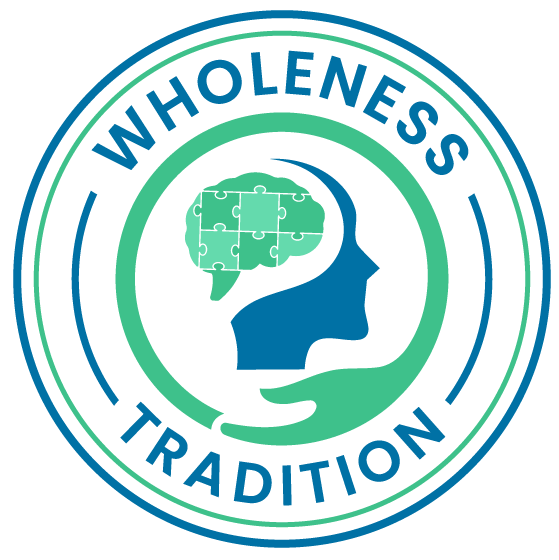
EATING DISORDRS
Our Services
Eating Disorders
Eating disorders are serious mental health conditions characterized by an abnormal relationship with food and body weight. They can have a profound impact on an individual’s physical, emotional, and social well-being.

The Impact That Will Happen In Your Life
Improved quality of life: Mental health counseling can lead to a significant improvement in an individual’s overall quality of life. It can help individuals find meaning and purpose, feel more fulfilled, and lead a more satisfying life.
- Your relationships with family and friends
- Your performance at work or school
- Your general health and wellbeing
What are eating disorders?
Eating disorders are mental health disorders in which concerns about food, eating, and your weight take over your life. There are many types of eating disorders, including these three:
Anorexia nervosa
Anorexia nervosa is a disorder featuring self-starvation and significant weight loss. This usually includes extremely close tracking of food intake, extremely low-calorie diets, excessive exercise, and other ways of losing as much weight as possible. People who struggle with anorexia nervosa commonly have a body mass index (BMI) of less than 18.5, but it can vary. Untreated, anorexia nervosa can cause severe physical effects and even threaten your life.
Bulimia nervosa
People who struggle with bulimia nervosa usually keep an extremely strict diet but interspersed are binges in which they eat high-calorie foods. Many people with bulimia purge after their binges, which may involve forced vomiting or use of laxatives, enemas, or diuretics. Not all bulimics purge, however. Some people with bulimia exercise excessively or use other methods of compensation for their overindulgence during binges. People with bulimia can be underweight, normal weight, or overweight.
Binge eating disorder
Binge eating disorder is similar to bulimia in terms of eating binges. A person who struggles with binge eating disorder, however, doesn’t purge or otherwise try to compensate for their excessive food intake. People with binge eating disorder can range from normal weight to significantly overweight. Eating disorders often cause low self-esteem, frustration, sadness, and agitation. Many people also have other mental health conditions, including depression and anxiety.
Anorexia nervosa
Anorexia nervosa is a disorder featuring self-starvation and significant weight loss. This usually includes extremely close tracking of food intake, extremely low-calorie diets, excessive exercise, and other ways of losing as much weight as possible. People who struggle with anorexia nervosa commonly have a body mass index (BMI) of less than 18.5, but it can vary. Untreated, anorexia nervosa can cause severe physical effects and even threaten your life.
Bulimia nervosa
People who struggle with bulimia nervosa usually keep an extremely strict diet but interspersed are binges in which they eat high-calorie foods. Many people with bulimia purge after their binges, which may involve forced vomiting or use of laxatives, enemas, or diuretics. Not all bulimics purge, however. Some people with bulimia exercise excessively or use other methods of compensation for their overindulgence during binges. People with bulimia can be underweight, normal weight, or overweight.
Binge eating disorder
Binge eating disorder is similar to bulimia in terms of eating binges. A person who struggles with binge eating disorder, however, doesn’t purge or otherwise try to compensate for their excessive food intake. People with binge eating disorder can range from normal weight to significantly overweight. Eating disorders often cause low self-esteem, frustration, sadness, and agitation. Many people also have other mental health conditions, including depression and anxiety.
When should I seek mental health care for an eating disorder?
If you’re struggling with your relationship with food, it’s important to recognize its impact on your life. Consider whether food, diet, and weight concerns take up a lot of time, whether you’re constantly thinking about those things, and whether you’re experiencing physical problems because of your relationship with food.
Acknowledging that you don’t like your relationship with food is the important first step in seeking the care you deserve
How are eating disorders in adolescents treated?
Teens and other adolescents are the group most likely to experience eating disorders, with the highest prevalence in girls. Heritage Wellness uses a customized holistic approach that recognizes your specific challenges.
The experienced team conducts mental health evaluations, makes an accurate diagnosis, and prescribes a personalized treatment plan. Your mental health and wellness care includes medication management and ongoing follow-up appointments.
Ultimately, this multifaceted approach helps you to live free from the binding restrictions of your eating disorder.
Adults also experience disordered eating and require personalized care to help them restore their mental health. No matter your age, Heritage Wellness offers highly individualized care with compassion.
Click the scheduling tool or call Heritage Wellness to get help for your eating disorder now.
Online Counseling with Professional Providers
Experienced in Dealing With:
- Access professionals for effective mental health support
- Tailored treatment plans for individual needs and success
- Proven methods ensure safe, effective mental health treatment
- Addresses symptoms, lifestyle, and social factors
- Safe, non-judgmental space for sharing concerns and growth
